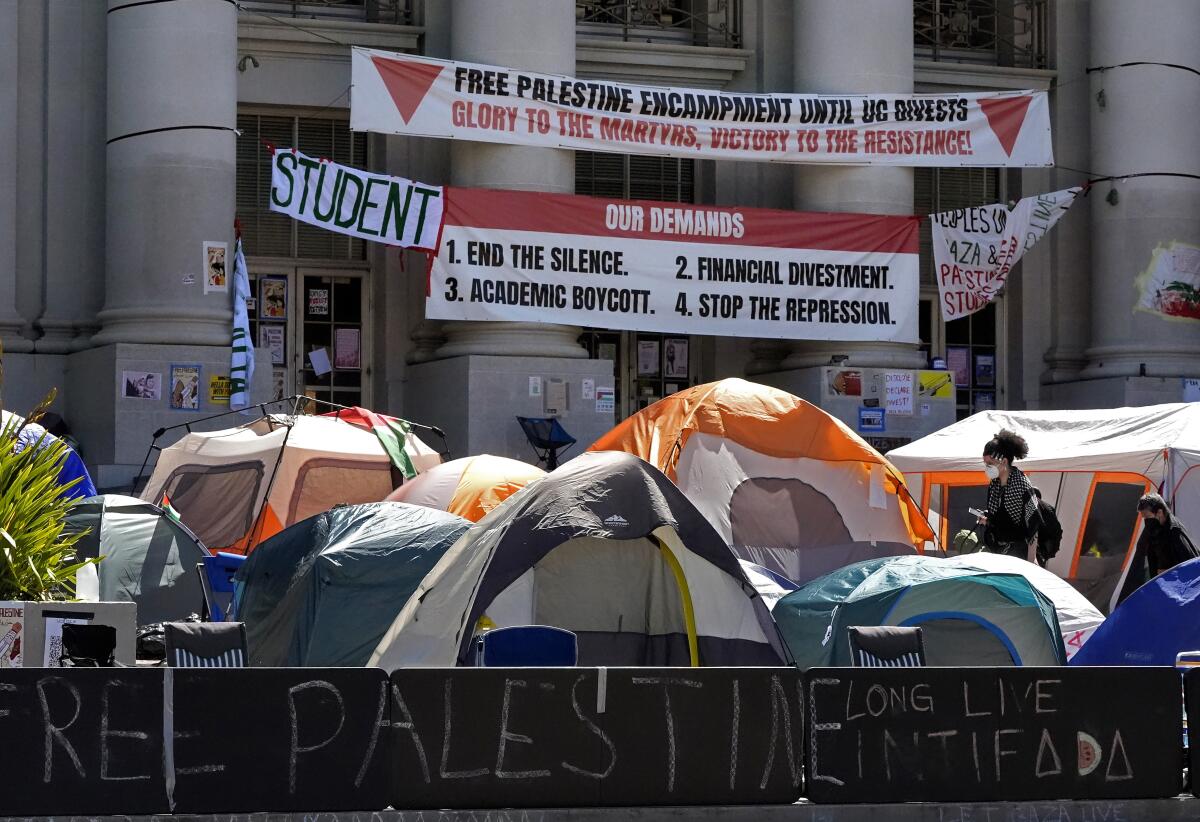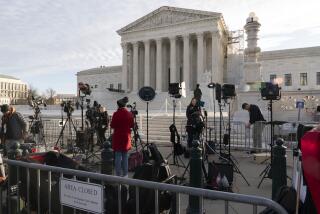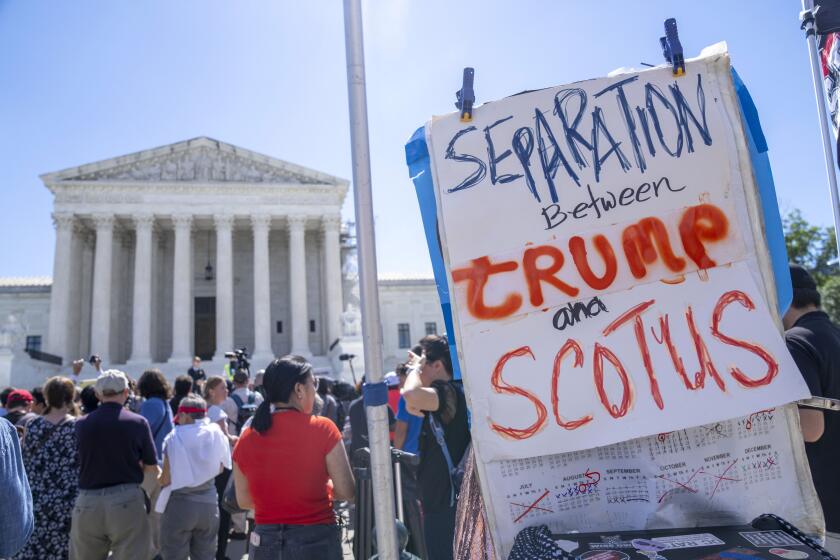Letters to the Editor: Does divestment work, or is it just protesters trying to ‘do something’?

To the editor: Divestment is a delusion. It is a ritual cleansing with no financial consequences. Making investment decisions based on non-financial considerations just gives the self-satisfaction of believing that one has “done something.” (“UC Berkeley to consider divesting from weapons makers as pro-Palestinian protesters break camp,” May 14)
Changing ownership of a share, a large quantity of stock or a mutual fund has no financial impact on the profitability of the underlying asset, the market price or the asset’s ability to raise capital for expansion.
Divestment from tobacco, arms manufacturing, oil extraction and other industries has shown no discernible impact on the consumption of these products. There’s always a market for ownership of these industries. Investors are driven by the desire for a reasonable return at a reasonable risk.
While the proceeds from selling undesirable shares can be used to buy more ethical assets, this shift has no financial impact whatsoever on these more ethical assets.
Endowments exist primarily for the long-term financial support and stability of institutions. Narrowing the selection of assets for any political or ethical reason undercuts trustees’ ability to make the best decisions in the interests of an endowment.
Trustees should not indulge demands to make statements of disapproval on the subjects of current controversy, which are outside the scope of their responsibilities to the institution. Otherwise, demands for more purity and virtue signaling will continue.
Stephen J. White, Culver City
..
To the editor: The contention that the boycott, divestment and sanctions movement “impinges on ... academic freedom” and students’ “rights” is an unquestioned aphorism of our university systems.
What is ludicrously unquestioned by university leaders, the media and politicians, however, is the idea that higher education in this country can or must be funded in part by industries of death and disenfranchisement.
Which students asked to have their college endowments “indirectly” tied up in weapons manufacturing and surveillance companies? And in such a way that it’s simply become the fact on the ground that this is how we as Americans fund our lives? Where is the freedom for anyone who believes in a world without constant war?
That Israel has been a prime beneficiary of this militarist system is no reason to state that it’s the right way to operate our schools.
Matt Neel, Sherman Oaks
..
To the editor: I’ve just returned from a weeklong trip to see and explore four Nazi concentration and death camps from the Holocaust in Poland. Prominent in my mind right now are the state of Israel and the hostages held by Hamas.
As I look at my hometown newspaper’s front page and see signs proclaiming “Long Live Intifada” and “Academic Boycott,” both directed at a country whose citizens don’t all agree with the government’s policies, it reminds me of the 1930s and ’40s, when Jews were shunned and ostracized.
The slogan, “Never again is now,” feels so real. That students are happy to shun Israel because of government policy is wrong. Jews will never again apologize for demanding a safe haven.
Lise Spiegel, Encino






